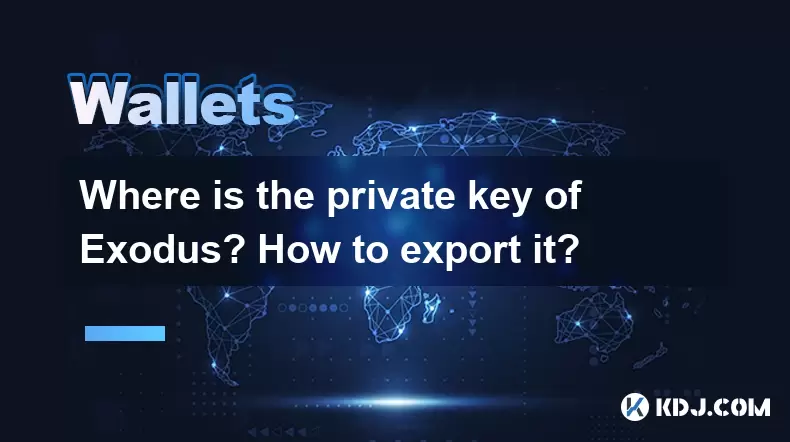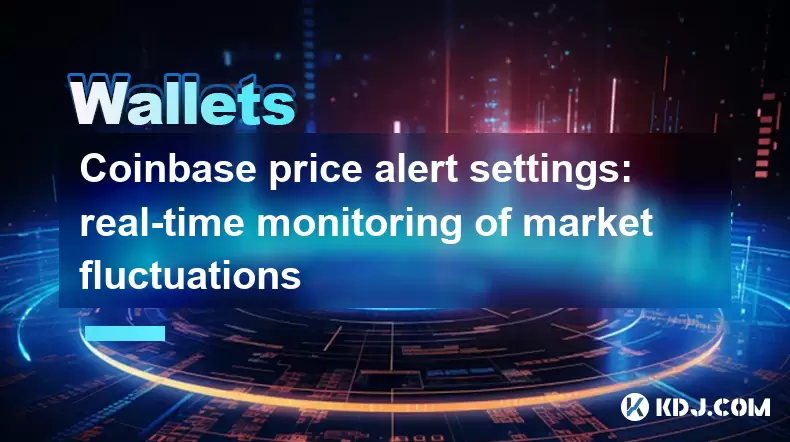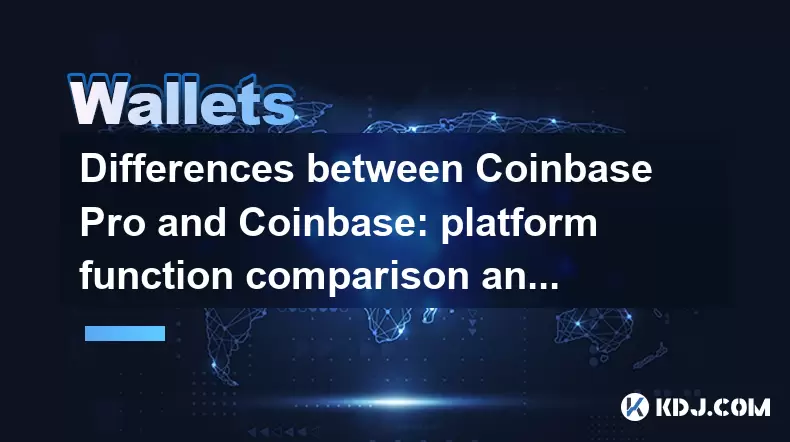-
 Bitcoin
Bitcoin $108,165.4587
0.78% -
 Ethereum
Ethereum $2,456.3517
1.15% -
 Tether USDt
Tether USDt $1.0003
0.00% -
 XRP
XRP $2.1934
0.05% -
 BNB
BNB $650.0935
0.52% -
 Solana
Solana $151.3905
2.69% -
 USDC
USDC $0.9998
0.00% -
 TRON
TRON $0.2751
-0.32% -
 Dogecoin
Dogecoin $0.1640
0.87% -
 Cardano
Cardano $0.5631
0.57% -
 Hyperliquid
Hyperliquid $38.7115
4.69% -
 Bitcoin Cash
Bitcoin Cash $493.1868
-0.39% -
 Sui
Sui $2.8217
3.61% -
 Chainlink
Chainlink $13.3994
2.08% -
 UNUS SED LEO
UNUS SED LEO $9.1632
0.94% -
 Avalanche
Avalanche $18.0318
1.97% -
 Stellar
Stellar $0.2388
0.35% -
 Toncoin
Toncoin $2.8763
1.41% -
 Shiba Inu
Shiba Inu $0.0...01160
1.59% -
 Litecoin
Litecoin $86.6393
1.29% -
 Hedera
Hedera $0.1485
0.16% -
 Monero
Monero $315.7948
1.56% -
 Polkadot
Polkadot $3.4240
1.88% -
 Bitget Token
Bitget Token $4.6314
-0.44% -
 Dai
Dai $0.9998
-0.01% -
 Ethena USDe
Ethena USDe $1.0002
-0.01% -
 Uniswap
Uniswap $7.2110
2.59% -
 Aave
Aave $270.6087
6.07% -
 Pi
Pi $0.5350
0.52% -
 Pepe
Pepe $0.0...09545
1.26%
Where is the private key of Exodus? How to export it?
To export your private key from Exodus, use the 12-word Secret Recovery Phrase with a third-party tool like Ian Coleman's BIP39 Tool to derive the key for your cryptocurrency.
May 08, 2025 at 09:22 pm

Where is the private key of Exodus? How to export it?
Exodus is a popular multi-currency wallet that allows users to store, manage, and exchange a variety of cryptocurrencies. One of the critical aspects of managing a cryptocurrency wallet is understanding where your private keys are stored and how to export them if necessary. This article will guide you through the process of locating and exporting the private key in Exodus.
Understanding Private Keys in Exodus
Private keys are essential components of any cryptocurrency wallet. They are cryptographic codes that grant access to your funds and allow you to sign transactions. In Exodus, these keys are stored securely within the wallet's software, ensuring that only you can access your cryptocurrencies.
Exodus uses a hierarchical deterministic (HD) wallet structure, which means that all your private keys are derived from a single master seed. This master seed is generated when you first set up your wallet and is used to create all subsequent private keys for different cryptocurrencies.
Locating the Private Key in Exodus
To locate your private key in Exodus, you need to access the wallet's backup feature. Here's how you can do it:
- Open Exodus: Launch the Exodus wallet on your computer or mobile device.
- Navigate to Backup: Click on the Settings icon (represented by a gear) in the bottom right corner of the wallet interface. From the settings menu, select Backup.
- View Secret Recovery Phrase: You will be prompted to enter your password. After entering your password, you will see your 12-word Secret Recovery Phrase. This phrase is essentially your master seed, from which all your private keys are derived.
While Exodus does not directly display individual private keys for each cryptocurrency, the Secret Recovery Phrase serves as the master key to all your funds. If you need to access a specific private key, you will need to use a third-party tool to derive it from the Secret Recovery Phrase.
Exporting the Private Key from Exodus
Exporting a private key from Exodus involves using the Secret Recovery Phrase to derive the specific private key for a cryptocurrency. Here's a step-by-step guide on how to do this:
- Obtain the Secret Recovery Phrase: Follow the steps mentioned above to access your Secret Recovery Phrase in Exodus.
- Use a Third-Party Tool: You will need to use a tool like Ian Coleman's BIP39 Tool to derive the private key from your Secret Recovery Phrase. This tool is available online and can be used to generate private keys for various cryptocurrencies.
- Visit the BIP39 Tool: Open your web browser and navigate to the BIP39 tool website.
- Enter the Secret Recovery Phrase: In the tool, enter your 12-word Secret Recovery Phrase into the BIP39 Mnemonic field.
- Select the Cryptocurrency: Choose the cryptocurrency for which you want to derive the private key from the Coin dropdown menu.
- Derive the Private Key: Click on the Generate button. The tool will display the private key for the selected cryptocurrency.
Security Considerations When Exporting Private Keys
Exporting private keys is a sensitive operation and should be done with caution. Here are some security considerations to keep in mind:
- Keep Your Secret Recovery Phrase Secure: Never share your Secret Recovery Phrase with anyone. It is the key to all your funds, and if it falls into the wrong hands, your cryptocurrencies could be stolen.
- Use Secure Tools: When using third-party tools like the BIP39 tool, ensure that you are using a secure and trusted source. Always access these tools from a secure internet connection.
- Offline Operations: If possible, perform these operations offline to minimize the risk of your private keys being intercepted.
Using the Exported Private Key
Once you have exported the private key, you can use it to access your funds in other wallets or for other purposes. Here's how you can use the exported private key:
- Importing to Another Wallet: Many cryptocurrency wallets allow you to import private keys directly. For example, if you want to move your Bitcoin to a different wallet, you can use the exported private key to import your Bitcoin into the new wallet.
- Open the New Wallet: Launch the wallet where you want to import your funds.
- Navigate to Import: Look for an option to import a private key. This is usually found in the settings or wallet management section.
- Enter the Private Key: Enter the private key you derived from the BIP39 tool. Follow the wallet's instructions to complete the import process.
- Signing Transactions: You can also use the private key to sign transactions manually. This is typically done for advanced users who need to perform specific operations that are not supported by standard wallet interfaces.
Frequently Asked Questions
Q: Can I export private keys directly from Exodus without using a third-party tool?
A: No, Exodus does not provide a direct option to export individual private keys. You must use the Secret Recovery Phrase and a third-party tool like the BIP39 tool to derive the private keys for specific cryptocurrencies.
Q: Is it safe to use online tools to derive private keys?
A: Using online tools to derive private keys can be risky if the tool is not secure. Always ensure you are using a trusted source and consider performing these operations offline to minimize the risk of your private keys being compromised.
Q: What should I do if I lose my Secret Recovery Phrase?
A: If you lose your Secret Recovery Phrase, you will lose access to all your funds in Exodus. It is crucial to store your Secret Recovery Phrase in a secure location, such as a safe or a secure digital storage solution. Always keep multiple backups in different secure locations.
Q: Can I use the same Secret Recovery Phrase to restore my wallet on a different device?
A: Yes, you can use the same Secret Recovery Phrase to restore your Exodus wallet on a different device. Simply download and install Exodus on the new device, and during the setup process, select the option to restore from a Secret Recovery Phrase. Enter your 12-word phrase, and your wallet will be restored with all your funds intact.
Disclaimer:info@kdj.com
The information provided is not trading advice. kdj.com does not assume any responsibility for any investments made based on the information provided in this article. Cryptocurrencies are highly volatile and it is highly recommended that you invest with caution after thorough research!
If you believe that the content used on this website infringes your copyright, please contact us immediately (info@kdj.com) and we will delete it promptly.
- South Korea, Crypto, and Global Markets: Riding the Digital Wave to New Highs
- 2025-06-29 20:50:12
- Bitcoin Eyes $108K: Will Trump's Nod Push BTC to a New All-Time High?
- 2025-06-29 21:10:12
- Pengu Pumps: Bullish Flags and Whale Wallets Fuel the Fire!
- 2025-06-29 21:10:12
- XRP to $20,000? Crypto Developers Eyeing Ripple's Potential
- 2025-06-29 21:15:12
- Sui's DeFi Lending Landscape: Suilend Leading the Charge
- 2025-06-29 21:30:12
- Bitcoin Whale Goes Long: Will the Bitcoin Price Follow?
- 2025-06-29 21:30:12
Related knowledge

Coinbase price alert settings: real-time monitoring of market fluctuations
Jun 29,2025 at 07:00am
Setting Up Coinbase Price AlertsTo begin real-time monitoring of market fluctuations on Coinbase, users can utilize the built-in price alert feature. This function allows you to receive notifications when a cryptocurrency reaches a specific price point. To access this setting, open the Coinbase app or log in via the web platform. Navigate to the 'Prices...

How to stake cryptocurrencies on Coinbase? Benefits and risks
Jun 27,2025 at 06:36pm
Understanding Cryptocurrency Staking on CoinbaseStaking cryptocurrencies involves locking up digital assets to support the operations of a blockchain network, typically in return for rewards. Coinbase, one of the most popular cryptocurrency exchanges globally, offers staking services for several proof-of-stake (PoS) coins. Users can stake their holdings...

Differences between Coinbase Pro and Coinbase: platform function comparison and analysis
Jun 29,2025 at 08:21am
Overview of Coinbase and Coinbase ProWhen exploring the cryptocurrency trading landscape, users often encounter two platforms under the same parent company: Coinbase and Coinbase Pro. While both are operated by the same organization, they cater to different types of users and offer varying features. Coinbase is primarily designed for beginners and casua...

How to contact Coinbase customer service? Support channels and response times
Jun 28,2025 at 01:29pm
Contacting Coinbase Customer Service: Support Channels and Response TimesIf you're a user of Coinbase, reaching their customer service team may become necessary for various reasons, such as account verification issues, transaction disputes, or technical difficulties. Understanding the different support channels available and what to expect in terms of r...

Coinbase advanced trading function usage tutorial: limit orders and market orders
Jun 28,2025 at 09:07pm
Understanding the Difference Between Limit Orders and Market OrdersWhen using Coinbase's advanced trading features, it is crucial to understand the fundamental difference between limit orders and market orders. A market order executes immediately at the best available price on the market. This type of order ensures that your trade goes through quickly, ...

How to sell Bitcoin on Coinbase? Detailed transaction steps
Jun 29,2025 at 04:22am
Setting Up Your Coinbase Account for TransactionsBefore you can sell Bitcoin on Coinbase, you must ensure your account is fully set up and verified. Coinbase requires identity verification to comply with regulatory standards. This process involves uploading a government-issued ID, confirming your address, and sometimes submitting a selfie holding the ID...

Coinbase price alert settings: real-time monitoring of market fluctuations
Jun 29,2025 at 07:00am
Setting Up Coinbase Price AlertsTo begin real-time monitoring of market fluctuations on Coinbase, users can utilize the built-in price alert feature. This function allows you to receive notifications when a cryptocurrency reaches a specific price point. To access this setting, open the Coinbase app or log in via the web platform. Navigate to the 'Prices...

How to stake cryptocurrencies on Coinbase? Benefits and risks
Jun 27,2025 at 06:36pm
Understanding Cryptocurrency Staking on CoinbaseStaking cryptocurrencies involves locking up digital assets to support the operations of a blockchain network, typically in return for rewards. Coinbase, one of the most popular cryptocurrency exchanges globally, offers staking services for several proof-of-stake (PoS) coins. Users can stake their holdings...

Differences between Coinbase Pro and Coinbase: platform function comparison and analysis
Jun 29,2025 at 08:21am
Overview of Coinbase and Coinbase ProWhen exploring the cryptocurrency trading landscape, users often encounter two platforms under the same parent company: Coinbase and Coinbase Pro. While both are operated by the same organization, they cater to different types of users and offer varying features. Coinbase is primarily designed for beginners and casua...

How to contact Coinbase customer service? Support channels and response times
Jun 28,2025 at 01:29pm
Contacting Coinbase Customer Service: Support Channels and Response TimesIf you're a user of Coinbase, reaching their customer service team may become necessary for various reasons, such as account verification issues, transaction disputes, or technical difficulties. Understanding the different support channels available and what to expect in terms of r...

Coinbase advanced trading function usage tutorial: limit orders and market orders
Jun 28,2025 at 09:07pm
Understanding the Difference Between Limit Orders and Market OrdersWhen using Coinbase's advanced trading features, it is crucial to understand the fundamental difference between limit orders and market orders. A market order executes immediately at the best available price on the market. This type of order ensures that your trade goes through quickly, ...

How to sell Bitcoin on Coinbase? Detailed transaction steps
Jun 29,2025 at 04:22am
Setting Up Your Coinbase Account for TransactionsBefore you can sell Bitcoin on Coinbase, you must ensure your account is fully set up and verified. Coinbase requires identity verification to comply with regulatory standards. This process involves uploading a government-issued ID, confirming your address, and sometimes submitting a selfie holding the ID...
See all articles

























































































